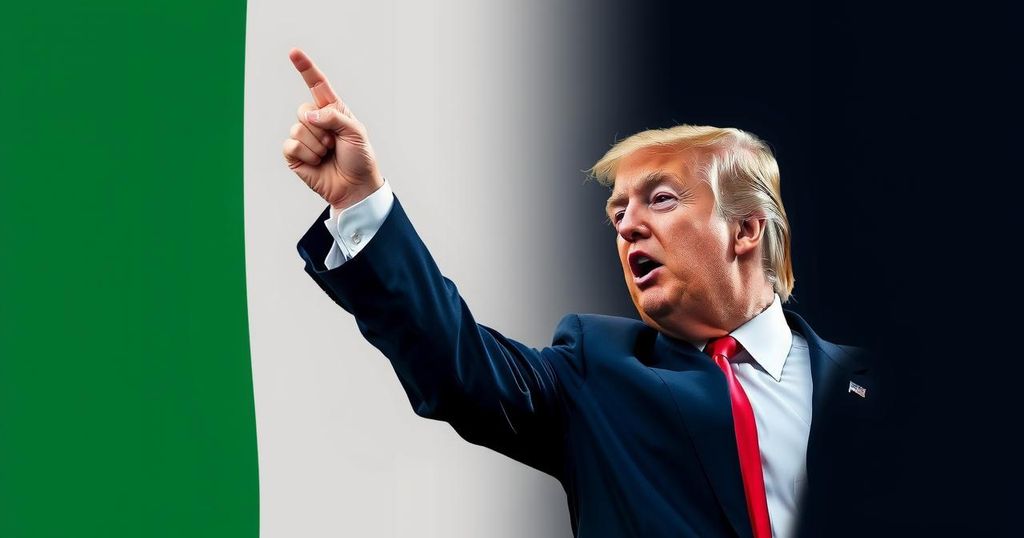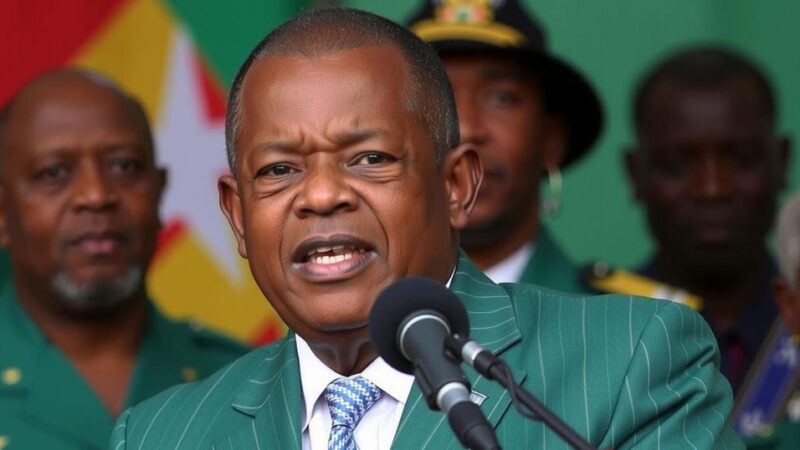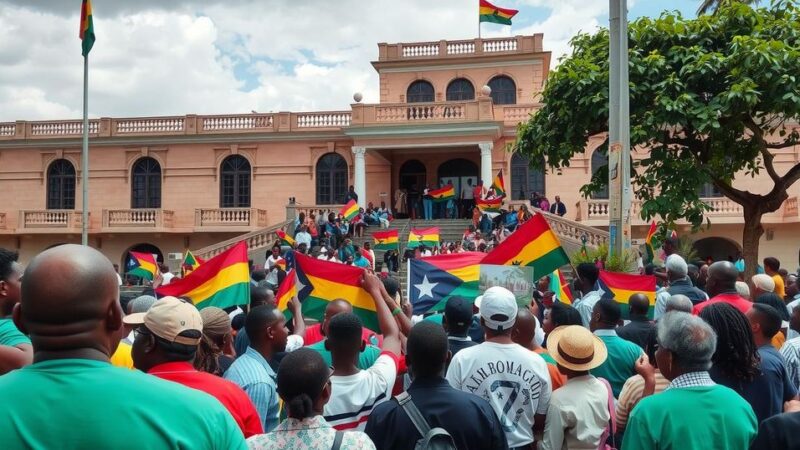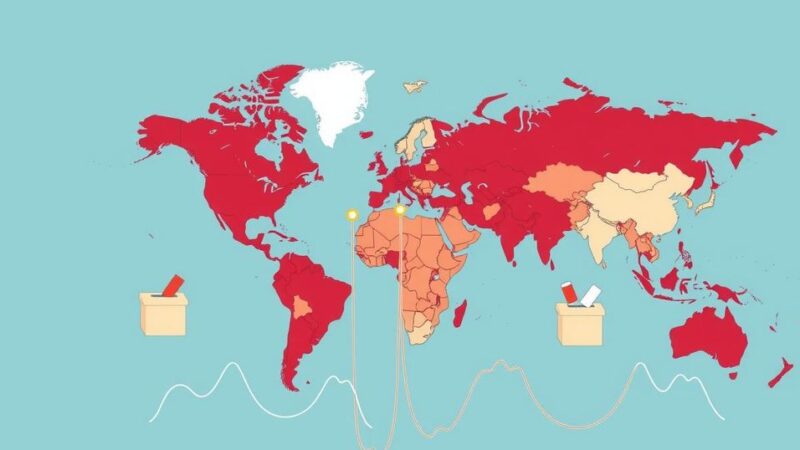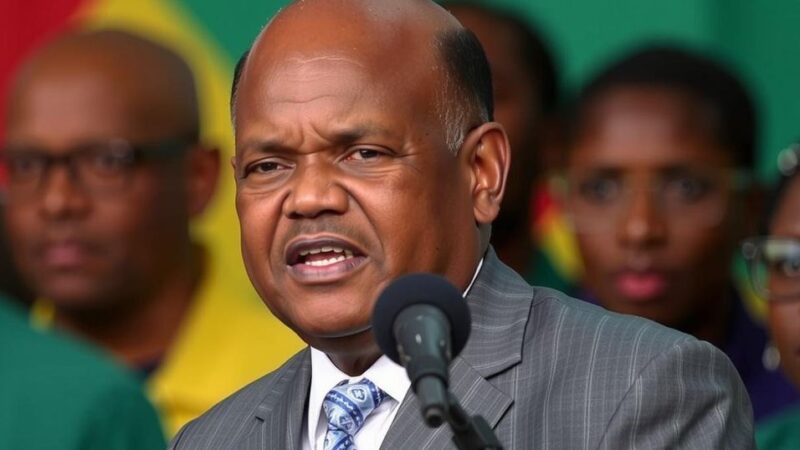Donald Trump’s re-election as U.S. president may signify significant changes for Nigeria, particularly in immigration policies, economic relations, and trade dynamics. His ‘America First’ approach suggests a trend toward self-reliance for countries like Nigeria, raising concerns about support for international cooperation and development. The implications of his governance style will be closely watched in Africa, as Nigerian leaders anticipate how the U.S. will engage with the continent during his administration.
Donald Trump is poised to lead the United States into a historic second presidential term following his victory over Democratic candidate Kamala Harris. In his victory speech, Trump asserted that the American electorate has granted him an unprecedented mandate, positioning his administration to enter a so-called “golden age.” As Trump takes office, many analysts focus on how his “America First” policy approach might affect Nigeria and the broader African continent amid ongoing global challenges. A significant aspect of Trump’s foreign policy is his non-interventionism doctrine, which could imply that countries like Nigeria might need to self-reliant regarding security and economic support. Despite the lack of emphasis on African affairs during the campaign, its implications resonate widely within the continent, leading African leaders, including Nigerian President Bola Tinubu, to express hopes of strengthening bilateral ties with the United States in light of complex contemporary issues. Trump’s first term did not include any visits to Africa, raising questions about his engagement with the continent. Nevertheless, experts speculate that his second term might better address critical African issues related to health, trade, and security. However, with his anticipated strict immigration policies, Nigerian nationals living unlawfully in the U.S. face a notable risk of deportation. The sentiment among many, as articulated by political analysts, is one of urgency and concern for undocumented migrants. In terms of economic impact, experts suggest that Trump’s approach might negatively affect developing nations like Nigeria as U.S. interests typically align more closely with Western priorities. Critics of international financial institutions, like the IMF and World Bank, express skepticism about their capability to genuinely support development in Nigeria, emphasizing the historical exploitation present in these relationships. Moreover, Trump’s administration may seek to implement tariffs on imports as part of his strategy to bolster domestic manufacturing, which could have conflicting implications for Nigeria’s trade opportunities. Lastly, discussions surrounding social issues such as LGBTQ rights remain contentious; while Trump did not focus heavily on the topic during his campaign, past statements indicate a continued lack of support for same-sex marriage, aligning with Nigeria’s conservative stance on the matter. Overall, Trump’s policies reflect a complex landscape for Nigeria and Africa, marked by both potential challenges and opportunities amid a shifting global order.
The United States has a longstanding relationship with Nigeria, which is Africa’s most populous nation. This relationship has historically been influenced by political shifts in the U.S. administration. Donald Trump’s recent electoral victory raises important questions for Nigerian citizens and officials regarding future U.S. foreign policy, immigration, trade, and other socio-economic aspects. Trump’s foreign policy goals are characterized by a preference for self-reliance among nations and prioritization of American interests, which could significantly affect Nigeria’s international standing and bilateral relations.
In conclusion, Donald Trump’s victory heralds potential challenges for Nigeria, particularly concerning immigration policies, economic relations, and trade. While some hope for improved engagement with the U.S., the reality of his “America First” agenda suggests that Nigeria may have to navigate a more self-reliant path amid greater global uncertainties. The implications of Trump’s decisions will likely resonate throughout the continent, focusing attention on the necessity for African nations to reassess their strategies within the framework of evolving international dynamics.
Original Source: www.bbc.com

